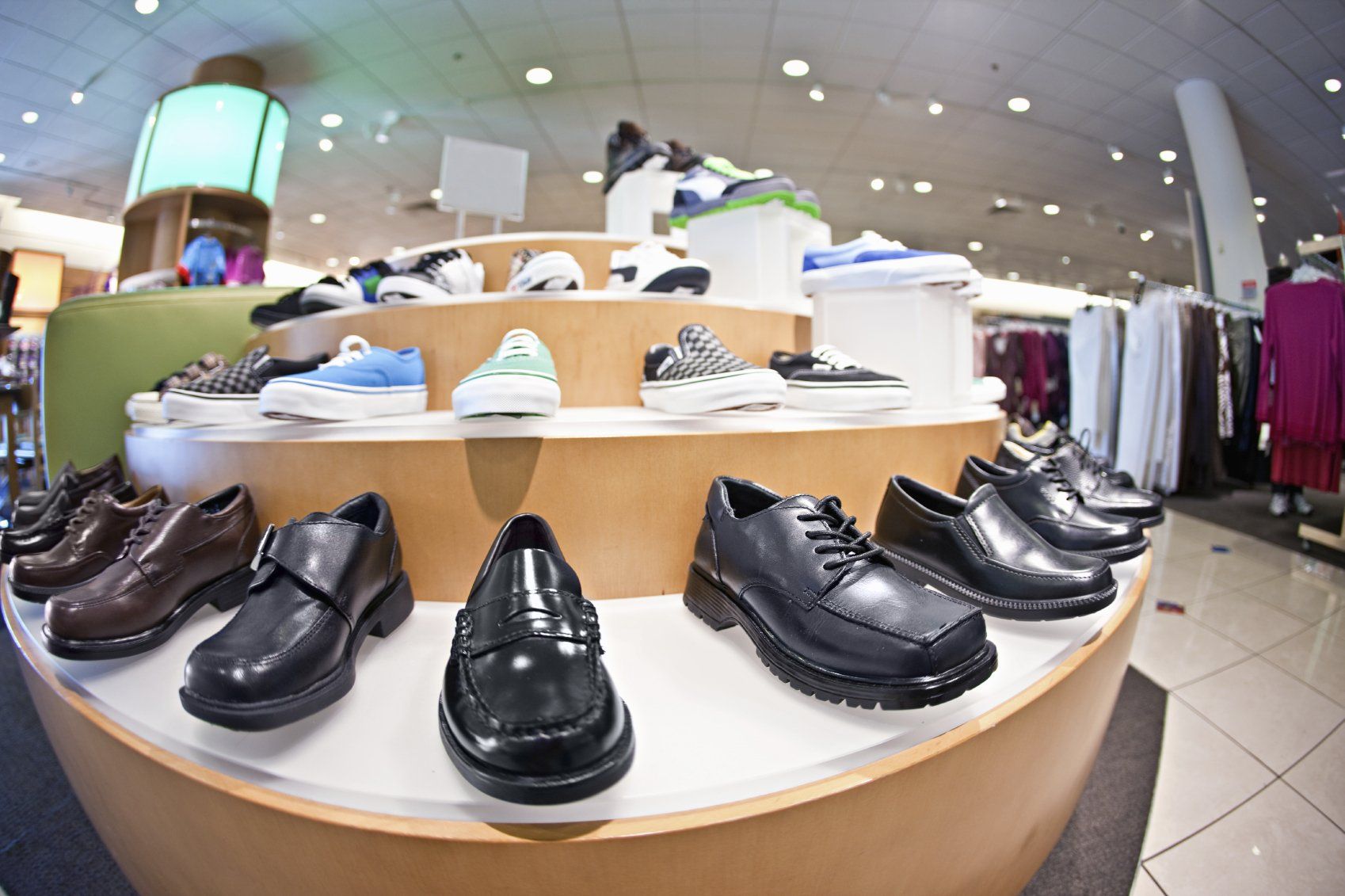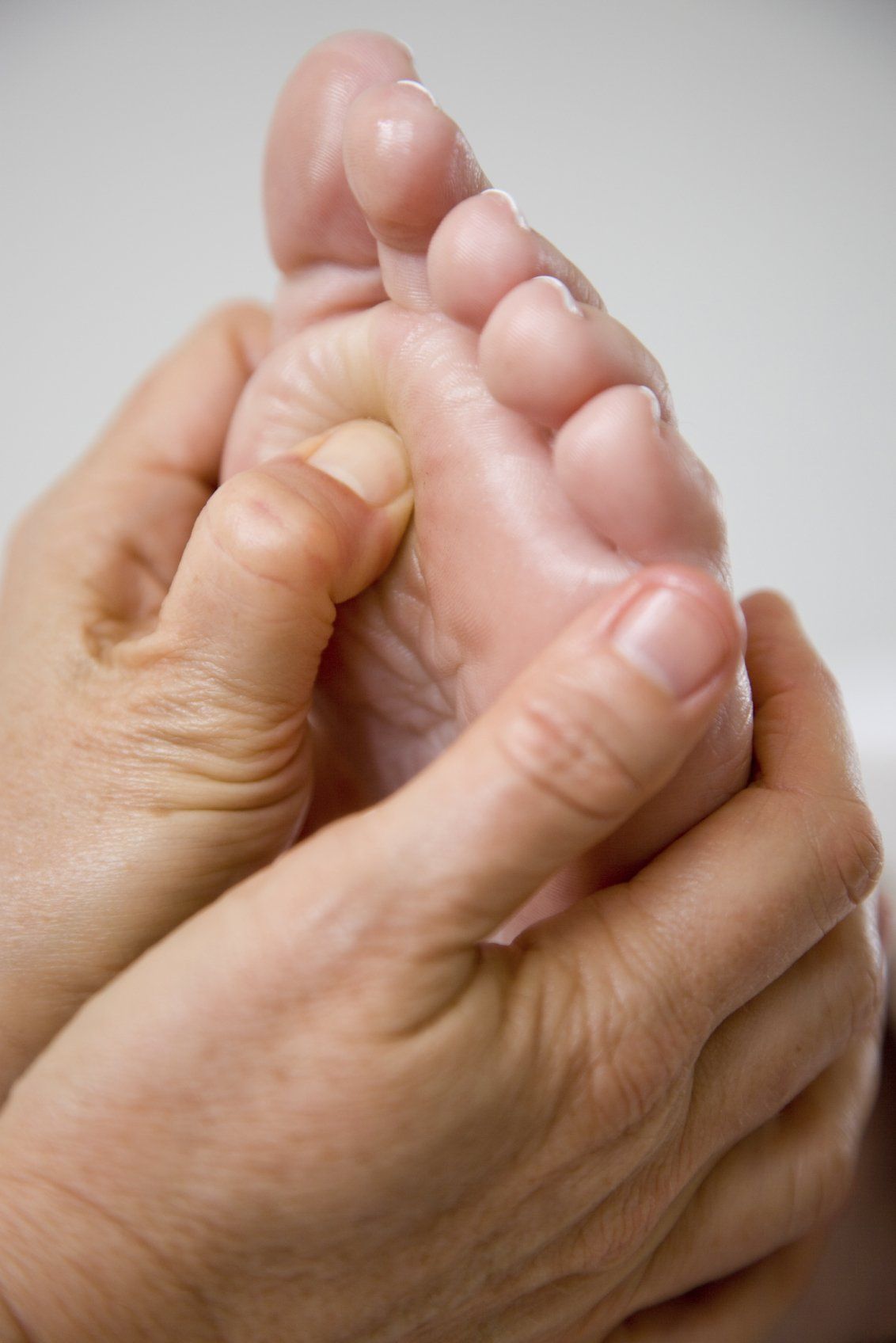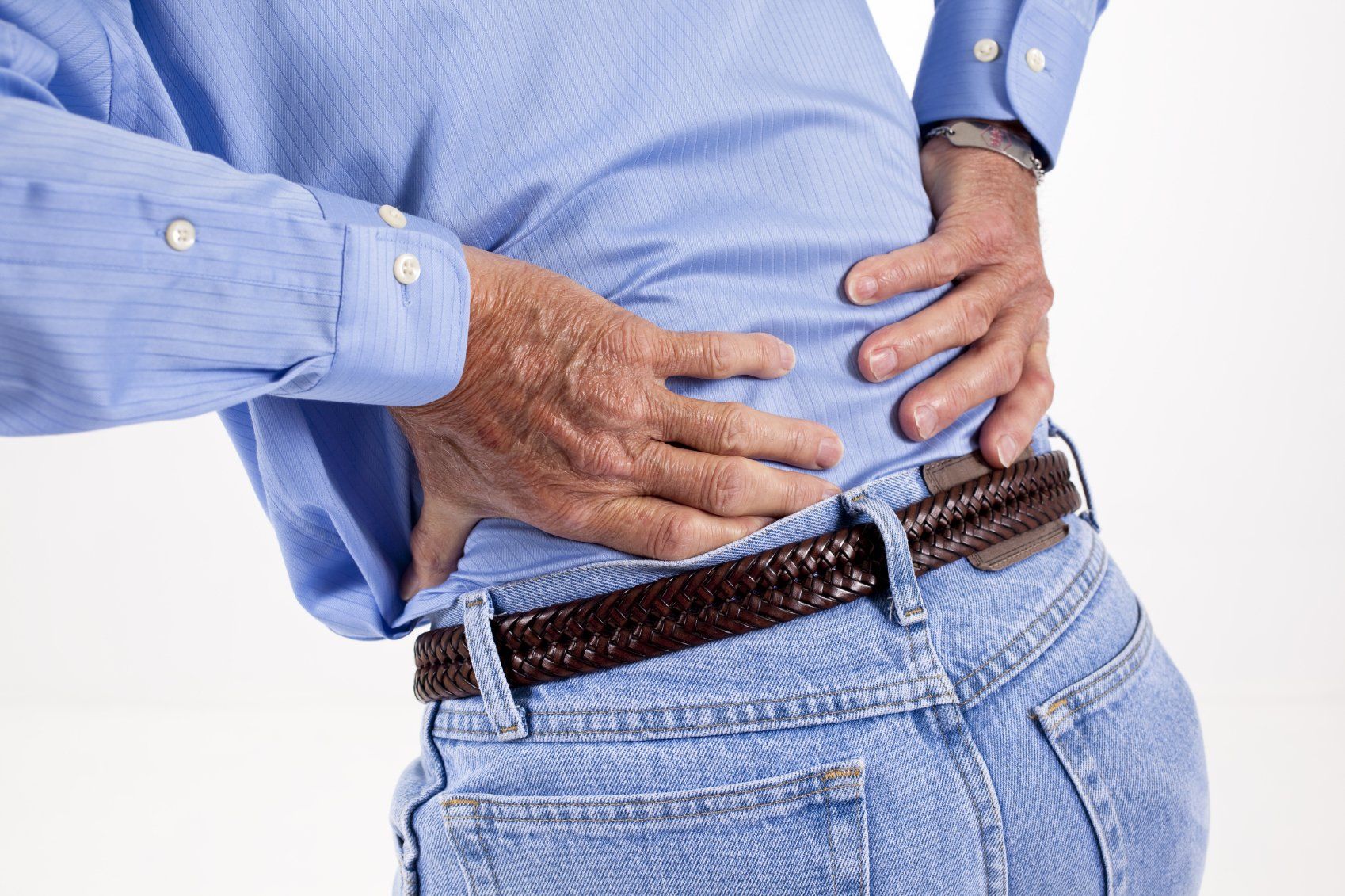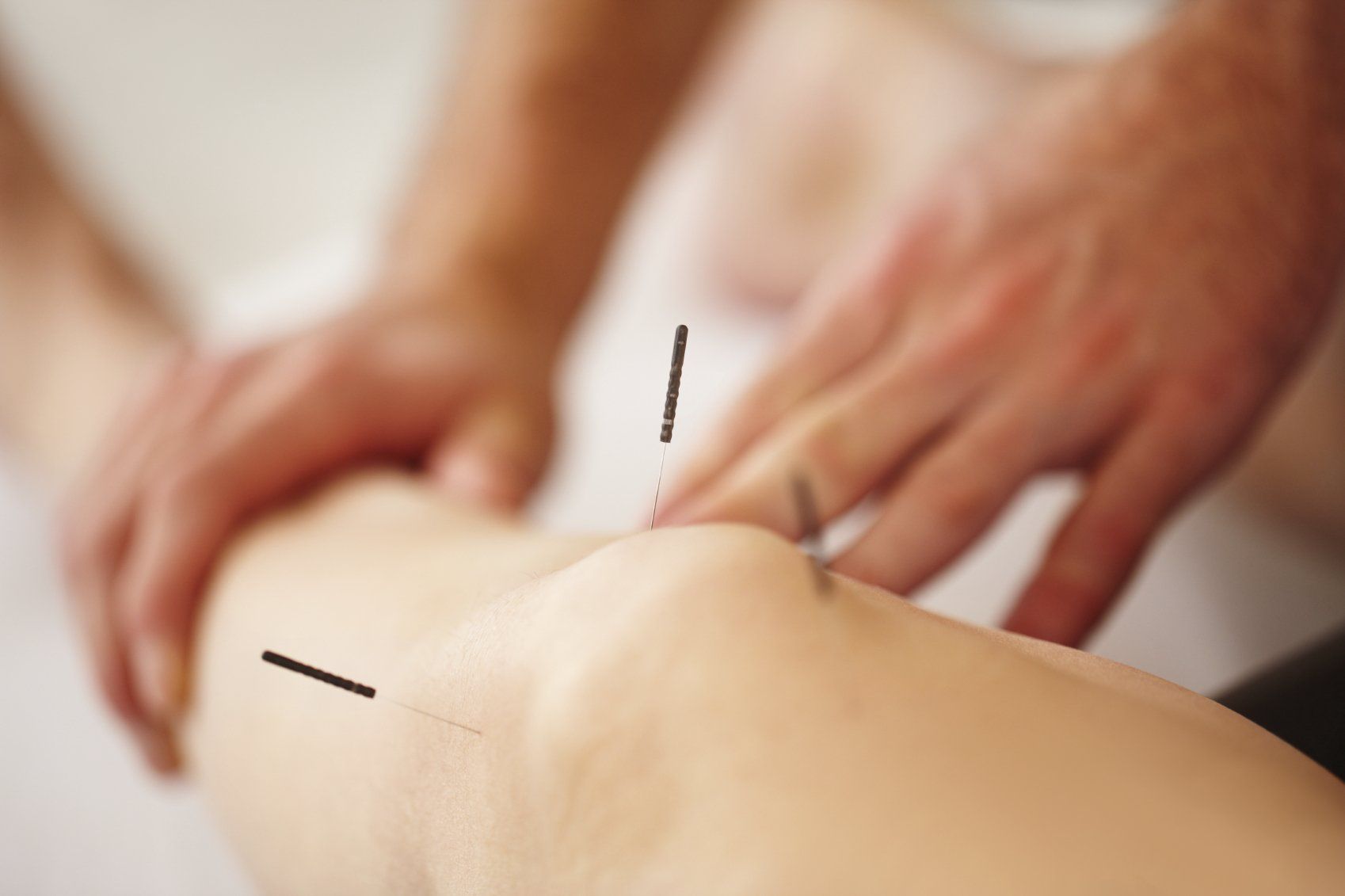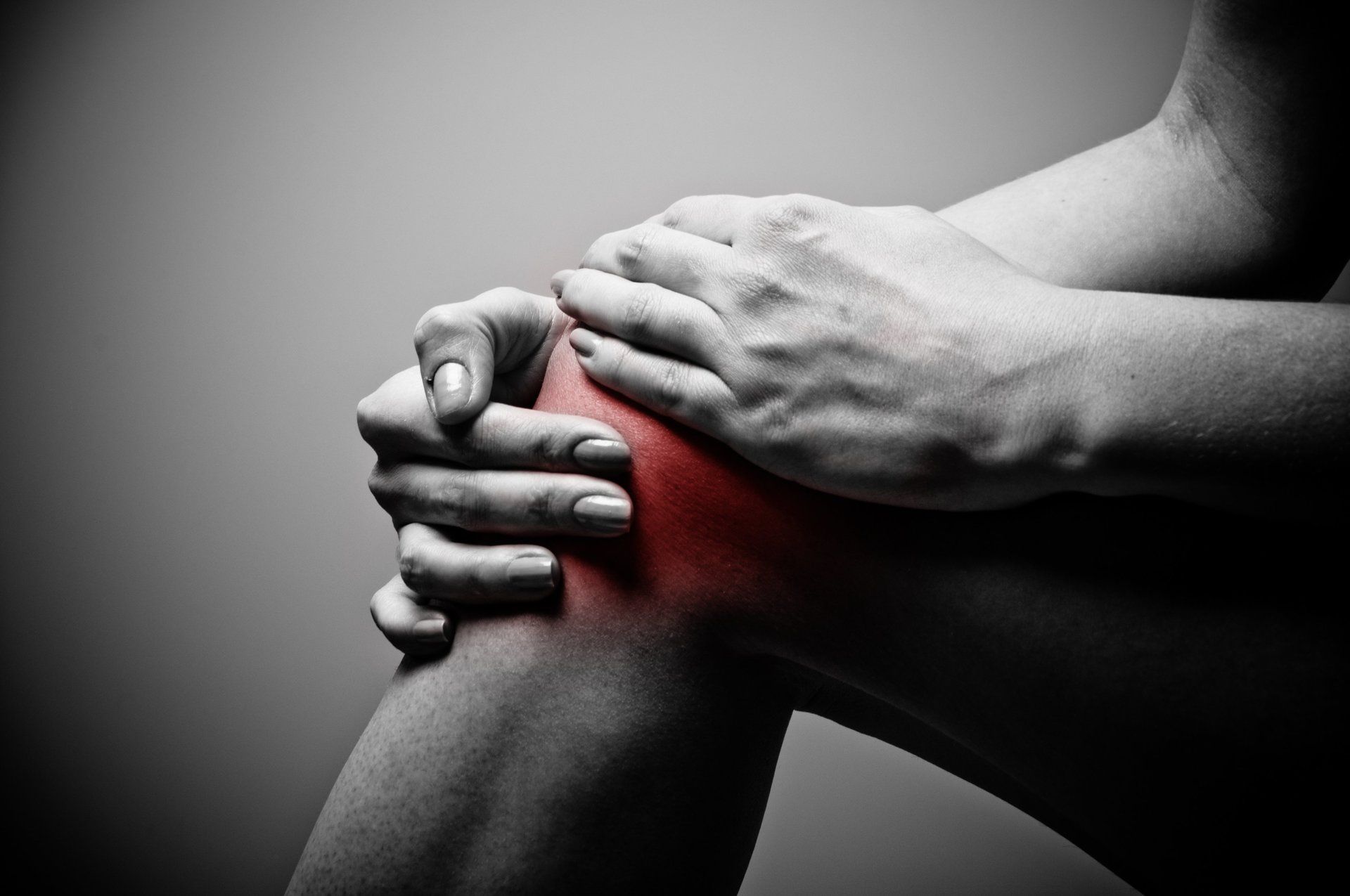It is more than just a reception role..
Receptionist Gayle talks about what skills you need to be a top class receptionist

It takes a
certain type of person to be a perfect receptionist. We juggle so many different tasks during our shifts, here are some of the skills we need to use every day:
We need to be:
Great communicators – we often get telephone calls from people who don’t necessarily know who they want to book into see, or speak to. They don’t always understand the specific treatments the practitioners do, so as receptionists we need to use probing questions to understand better what the patient needs.
Organised – As receptionists we deal with booking in patients both on the telephone and face to face, take payments, typing letters to GP or consultants. Pricing and ordering stock and various other tasks. The ability to multitask is a great quality to have. Quite often we have several patients waiting to pay and the telephone ringing: we need to remain calm and organised, all with a smile on our faces!
Empathetic – Understanding our patients especially when they are in pain or worried about treatment is something we try really hard to do. We appreciate that coming to see a professional about a medical issue is sometimes worrying and upsetting and having the ability to put them at ease and empathise with them, definately helps. A friendly face is sometimes all they need. In the case of our younger patients, a funny feet sticker is always a winner.
Active listener – A lot of our patients don’t get to see many friends or family during the week, so sometimes we are the first people they see when they venture out into the Village. We like to chat to our patients, some we have been seeing for many years. We get to know them and they feel comfortable sharing their news with us. Listening actively is a great skill to have and responding accordingly.
Problem solvers - We try very hard to accommodate our patients when booking them into appointments. Its not always easy to juggle appointment times, especially when we are busy and patients are struggling to see the NHS. The majority of our patients are very understanding, we do however have some that are not, but we carry on and always remember “behaviour breeds behaviour”
Detectives: we often have a case of mistaken
identity:– We have
lots of calls from patients that are trying to book in thinking we are the NHS
clinic at Village Road, Cheltenham. Also patients calling thinking we are the chiropractors.
Sense of
humour-
We
definitely need a sense of humour. From patients telling us jokes to showing us
body parts!
The life of a Village Clinic Receptionist is never dull- thats why I love it




